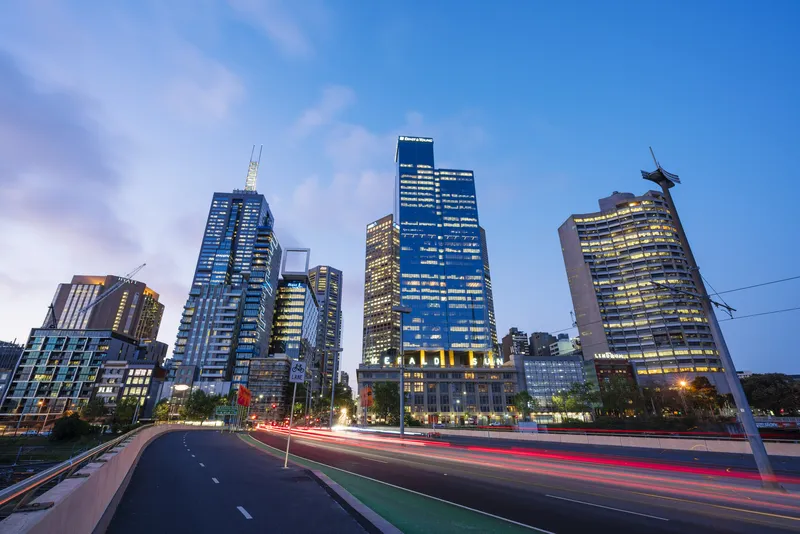Ten finalists have been shortlisted for the first edition of the European Startup Prize for mobility based on their ecological and social impact, the degree of innovation of their product or service, or their ability to attract investors. Four of them will receive awards during a pitch session in Brussels on the 22 February 2018.
In the coming months, the startups will participate on a tour of European technology events where they will meet investors, partners and potential future clients.
Sweden-based Addseat has been selected for its electric vehicle which is said to facilitate short journeys for people with reduced mobility. ApplyParking, from the UK, has been chosen for providing an app that informs users in real time about the state of parking on the streets. France’s Atsuke has been shortlisted for offering mobile service solutions which aim to enable omni-channel commerce and customer relations. It will compete with German-based Caronexx’s platform, which is designed with the intention of connecting utility vehicle owners with professionals with freight needs. Cocolis, from France, has been confirmed for its collaborative platform dedicated to the transport of parcels by private individuals. In addition, Klaxit has also been selected for its carpooling offer for all transport pass holders in Paris, Lyon, Toulouse, Bordeaux, Lille, Nantes, Rennes, Grenoble and Orléans. Finnish company MaaS Global has been chosen for its app that offers the purchase of public transport via an application, while Austria’s NRGkirt has been shortlisted for its electric car charging solution. Tracefy Smart Mobility Solutions, in the Netherlands, has been chosen for providing a real-time internet connection with e-bikes to connect to a GPS, platform, application or to exchange data. It will compete with Slovakia’s Voltia e-mobility, which offers fleets of electric utility vehicles with zero C02 emissions.
The selection committee has also created a special prize for Swiss startup BestMile for its autonomous fleet management platform. In addition, France’s Drivy and Stuart and Estonia’s Taxify will be highlighted for the quality of their European development.
Ten finalists selected for European Startup Prize for mobility
Ten finalists have been shortlisted for the first edition of the European Startup Prize for mobility based on their ecological and social impact, the degree of innovation of their product or service, or their ability to attract investors. Four of them will receive awards during a pitch session in Brussels on the 22 February 2018. In the coming months, the startups will participate on a tour of European technology events where they will meet investors, partners and potential future clients. Sweden-based
February 9, 2018
Read time: 2 mins









